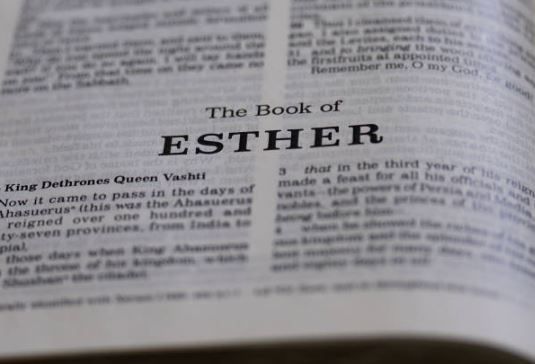Why Did Mordecai Adopt Esther? Biblical Lessons on Faith and Providence

A Mysterious Adoption That Changed History
In the palace of Shushan, we encounter one of the Bible's most remarkable adoption stories. "Now in Shushan the palace there was a certain Jew, whose name was Mordecai" (Esther 2:5, KJV). But how did this Jewish man end up caring for his orphaned cousin in a pagan empire?
"And he brought up Hadassah, that is, Esther, his uncle's daughter: for she had neither father nor mother... whom Mordecai, when her father and mother were dead, took for his own daughter" (Esther 2:7, KJV).
The Heart Behind the Adoption
Why Mordecai's Decision Was Extraordinary
Mordecai didn't just send money or find someone else to care for Esther. He made a life-altering choice to raise up his cousin as his own daughter. This wasn't his responsibility, yet he willingly:
- Divided his resources - sharing everything he had
- Invested his time - raising a daughter as a single man
- Opened his heart - showing true biblical love
As Psalm 68 reminds us, God is "a father of the fatherless" - and Mordecai reflected God's heart for orphans.
God's Providence at Work
How did Mordecai end up in the Persian palace? Simply, through God's invisible hand orchestrating events. As Proverbs 19:21 teaches, "There are many devices in a man's heart; nevertheless the counsel of the Lord, that shall stand".
3 Powerful Lessons from Mordecai's Faith
1. God Works Behind the Scenes
Mordecai's presence in Shushan wasn't coincidence - it was providence. When circumstances seem random or difficult, remember that God is positioning you exactly where He needs you. "When a man's ways please the Lord, he maketh even his enemies to be at peace with him" (Proverbs 16:7, KJV).
2. True Beauty Comes from Character
Esther was described as "fair and beautiful," but her true beauty came from her character. The Bible teaches that "favour is deceitful, and beauty is vain: but a woman that feareth the Lord, she shall be praised" (Proverbs 31:30, KJV).
Her Hebrew name "Hadassah" means "myrtle tree" - a slow-growing tree that develops unique patterns through stress. Sometimes our greatest trials produce the most beautiful aspects of our character.
3. Faithful Obedience Continues Even When Apart
"Esther had not shewed her people nor her kindred: for Mordecai had charged her that she should not shew it" (Esther 2:10, KJV). Even after being taken to the palace, Esther remained obedient to Mordecai's wisdom. True character is revealed when no one is watching.
What This Means for Your Life
For Parents and Guardians:
- Stay involved in your children's lives during difficult seasons
- Don't check out when circumstances become challenging
- Show genuine concern about their daily struggles and interests
For Those Feeling Forgotten:
God's grace covers your past mistakes. Like Esther - an orphan in a pagan land - God can use anyone willing to trust His plan. You're not disqualified by your circumstances.
For Everyone:
Will you trust God's providence even when you can't see His plan? Sometimes the most difficult seasons are when God is doing His greatest work behind the scenes.
Remember: Mordecai walked "every day before the court of the women's house, to know how Esther did" (Esther 2:11, KJV). He never stopped caring, never stopped checking, never gave up. That's the heart of biblical love.
🎧 Hear the Complete Message! 📖
This condensed study only touches the surface of the rich truths in Esther chapter 2. For the full expository preaching experience with detailed verse-by-verse bible teaching, listen to the complete sermon where you'll discover additional insights about God's providence, biblical adoption, and how this Old Testament story points to God's amazing grace in our lives.
Listen to the Full Sermon Here - Experience powerful biblical exposition that will deepen your faith!
